 |
| Bizet: Carmen - Tiago Matos, Christophe Poncet de Solages, Philip Rhodes, Na'ama Goldman The Grange Festival 2017 (Photo ©Robert Workman) |
It wasn't all large scale performances, Ruth caught Pop-Up Opera at the V&A whilst Anthony saw Shadwell Opera at the Hackney, and The Magic Flute at the King's Head. And it has been a great year for song, with some terrific concerts at Wigmore Hall, and London Song Festival celebrating its 10th anniversary.
Tony reviewed Wagner's Ring Cycle, Die Meistersinger von Nürnberg and Parsifal at the Bayreuth Festival, and Meyerbeer's Le prophète and Mahler's Symphony No. 3 in Berlin. Anthony's reviews also included early Rossini from La Fenice in Venice and Ruth caught the end of Rosenblatt Recitals at Wigmore Hall.
Interviews in 2017 included sopranos Albina Shagimuratova, Natalya Romaniw, Clare Rutter, Dame Ann Evans, and Catherine Foster, violinist Kyung Wha Chung, composers Nicola Lefanu, Patrick Hawes, Jonathan Dove, Tom Green and Adrian Sutton, tenor Mark Padmore, conductors John Nelson and Suzi Digby, baritone Benjamin Appl, and director Elijah Moshinsky.
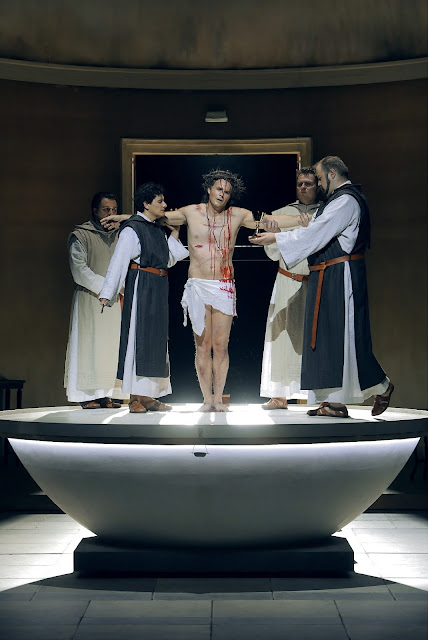 |
| Wagner: Parsifal - Bayreuth Festival - Ryan McKinny (Photo © Bayreuther Festspiele / Enrico Nawrath) |
- Feedspot Blog Reader's 'Top 25 Opera Blogs & Websites on the Web'
- Feedspot Blog Reader's 'Top 50 Classical Music Blogs'
- Feedspot Blog Reader's 'Top Music Education Blogs'
- ScoreBigs' 'Top 50 Music Blogs'
- Joyce DiDonato thrills as Rossini's Semiramide at Covent Garden
- Respecting the drama: Annabel Arden's production of Carmen at the Grange Festival
- Handel's Messiah from the Academy of Ancient Music
- Daring and original: Purcell's King Arthur re-thought from Academy of Ancient Music
- Composer, conductor, singer: I chat to Owain Park about his concerts at the Temple Winter Festival
854 posts this year (average 2.3 posts per day)
Peak page views per day, 3,576
Peak page views per month 78,108
5037 followers on Twitter
Top tweet impressions this year, 128,000 in October 2017
You can read more in my summaries of the year, 2017 in opera and concert reviews, 2017 in CDs.


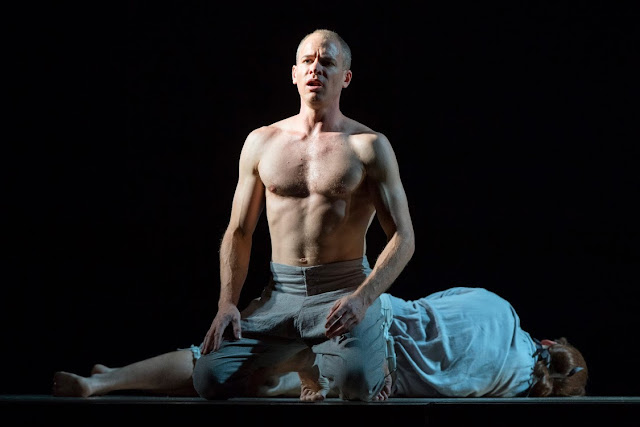

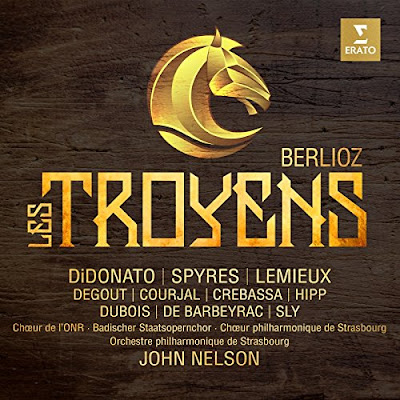







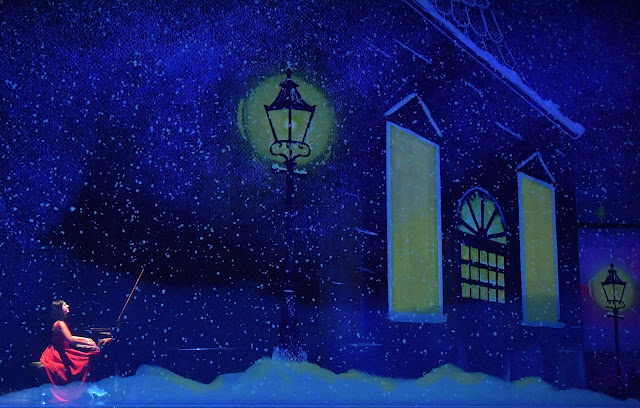









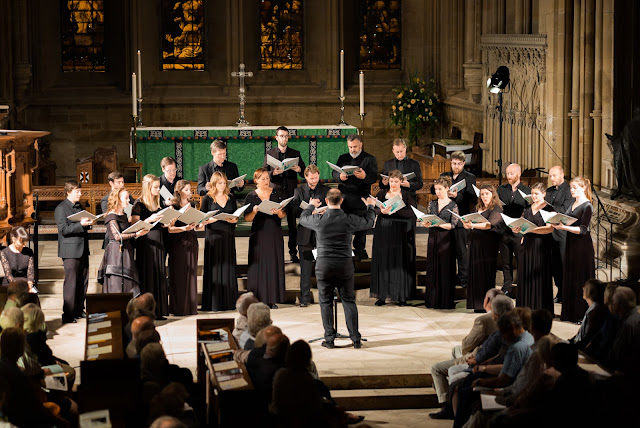
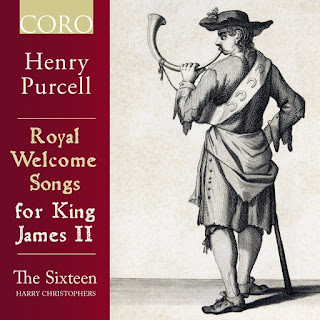



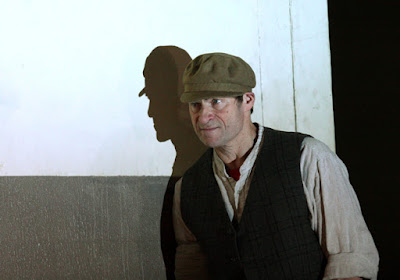


%20Ali%20Wright.jpg)

%20Ali%20Wright.jpg)





